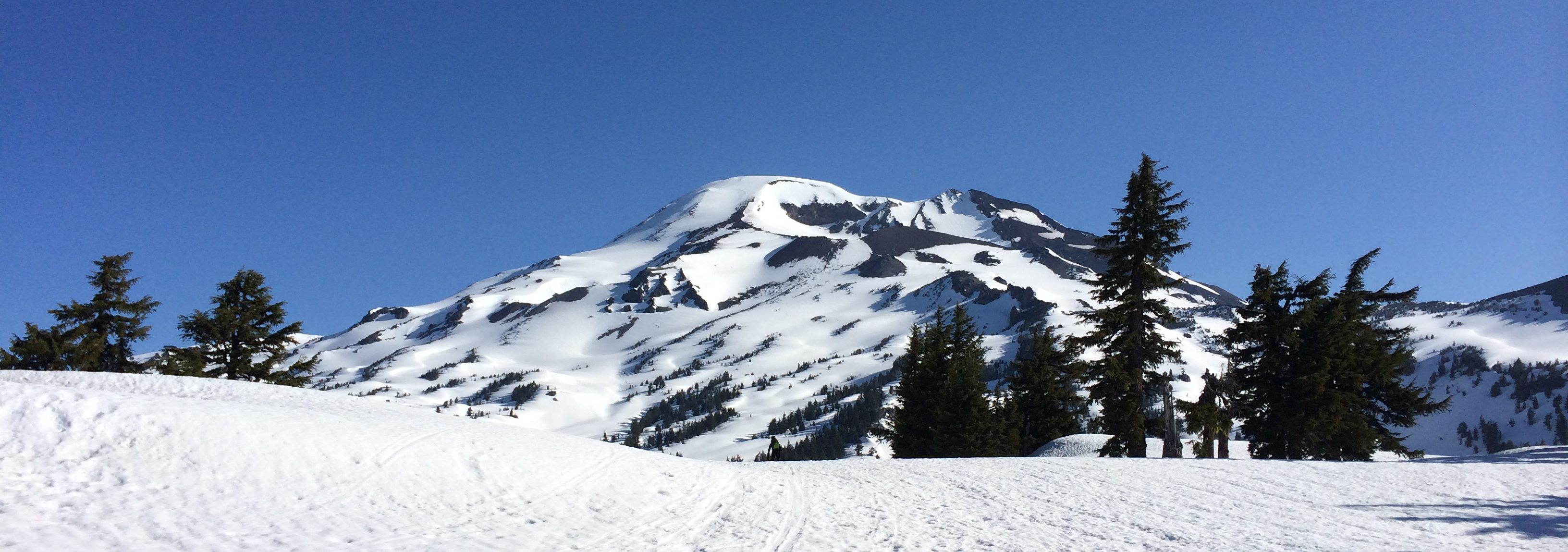
Adept Adaptors
One incredible feature of human beings that I am always surprised with is the ability of the human body to adapt to gradual changes. The body does not adapt well to rapid changes but can often find a way to change in response to a slow stress. A good example of this is running. The pounding of limbs on the pavement, the increased energetic cost, the need to conserve water, and strain on soft tissue and supporting elements of the musculoskeletal system are all put under some amount of stress throughout the duration of a long run. When preparing for a long distance run, the runner generally does not increase distance more than 10% each week as a general rule. The systems of the body are generally able to adapt to this amount of incremental change. However abrupt changes shock the body and can lead to debilitating injury instead to remodeling. If a non-runner goes out and runs 20-30 miles serious injury is likely, whereas most people, if they decided to, could slowly build up to run a marathon with no serious injury.
There are many other examples both good and bad. The body can adapt to harmful eating habits if these habits are gradual. This is not to say that the eating habit becomes non-damaging, but simply that the body is able to mitigate the damage that should be done to an amazing degree. The body is able to adjust to changes in oxygen levels in the atmosphere, availability of water and nutrients, heat, and a plethora of other stressors. Once again, this is not to say that these stresses are beneficial for one’s body, but merely that the body can often compensate for the stress to some degree.
Choose your stress wisely
In modern society we have some amount of control over the stress which we put our bodies through. Whether through exercise and diet, occupation and recreation, drugs and alcohol, we maintain some control over what stress we put on our body. Chronic drug users will often have to use more of the substance they crave to obtain the desired effects or will need to switch to a different drug of choice as their bodies have compensated for the toxin being taken in. People drinking large amounts of coffee may find that it has lost the desired stimulating effect. When starting anything that could be habit, consider how your body will change in response to that stress and decide if that change is something that you desire.
Pleasure is no different
Millionaire celebrity Dan Bilzerian, by self admission not the picture of virtue, made an interesting observation about pleasure, particular that brought about by money, on a recent interview. Pleasure, in very real terms, comes down to brain chemistry. Without getting into neurobiology, pleasure is the result of the release of particular substances from specific parts of the brain in response to a stimuli. As with any neurotransmitter-stimuli relationship then, this effect can be maxed out. If you or I (or any contestant on a game show) were given a brand new BMW we would be ecstatic. On a pleasure scale of 1 to 10, most of us would be at a 9 or 10 shortly after winning that car. However, for a millionaire like Bilzerian, a brand new BMW means nothing. It would take a car worth 10-20 times as much as the BMW to move Bilzerian’s pleasure scale at all. Pleasure, just other stresses, can be something your body adapts to. One could logically argue from this that the best pleasure then is the pleasure that moves your scale, but yet does not desensitize you to future pleasure. While there are a few examples of this form of pleasure, love within family and between friends is perhaps the best. So when we pick stresses, when we select pleasures, let us choose not based on what we hope to feel, but who we hope to be. Let our stresses make us stronger, our pleasures more closely knit. As the characters of the Narnians in C.S. Lewis’s Last Battle shout, “further up and further in” may our pleasures, may our stresses propel us farther, drive us deeper, and move us beyond where we now stand.
